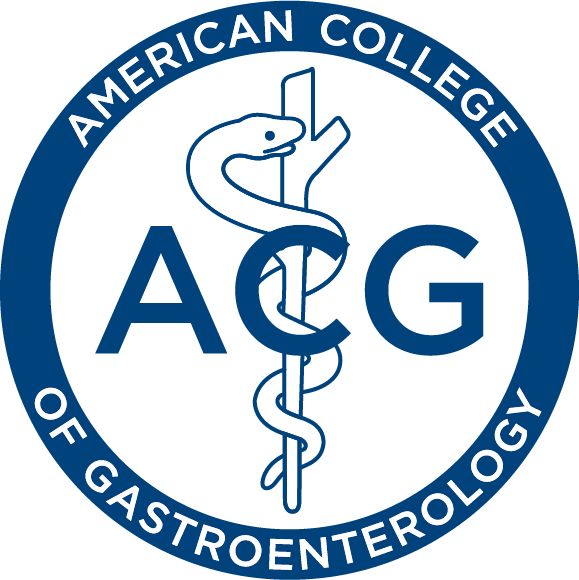A modeling study projecting the economic and social burden of alcohol-associated liver disease (ALD) by 2040 is featured in the February 2024 issue of The American Journal of Gastroenterology, just one month after ACG issued the new Clinical Guideline on Alcohol-Associated Liver Disease. This issue also includes articles on eosinophilic esophagitis, inflammatory bowel disease, colorectal cancer screening, imposter syndrome and microaggressions in GI, and more.
Several articles are highlighted below; access to any articles from this issue, or past issues, is available upon request. The College is also able to connect members of the press with study authors or outside experts who can comment on the articles.
The Rising Costs of Alcohol-Associated Liver Disease in the United States
Julien, et al.
Using a previously validated microsimulation model of alcohol consumption and alcohol-associated liver disease (ALD) from publicly available data, the authors of this study estimated the economic and social costs of alcohol-associated liver disease in the United States. The authors share that the annual cost of ALD is projected to increase from $31 billion in 2022 to $66 billion (118% increase) in 2040. Females make up 29% of these costs in 2022 but are projected to make up 43% by 2040. They note that, “Current consumption patterns are a significant risk for workers in their economic prime, causing significant increased burden to the economy through the indirect impacts of lost labor and economic activity,” and emphasize the need for policy and cultural shifts to address the growing societal burden associated with ALD.
ACG Clinical Guideline: Alcohol-Associated Liver Disease
Clinical Features and Treatment Response to Topical Steroids in Ethnic and Racial Minority Patients With Eosinophilic Esophagitis
Ocampo, et al.
A retrospective cohort study examined whether EoE patients of Hispanic/Latinx ethnicity or non-White race have differences in presentation at diagnosis or response to topical corticosteroid (tCS) treatment, using the University of North Carolina (UNC) EoE Clinicopathologic database. The non-White population (13%) was younger and more likely to have vomiting, and less likely to have the dysphagia/food impaction presentation and typical endoscopic findings of EoE. The authors found that non-Whites with EoE are less likely to respond to topical steroids, even after controlling for other factors that might explain nonresponse such as income, insurance, age, and BMI. They recommend that in non-White patients, EoE should be on the differential diagnosis even without dysphagia-predominant symptoms and that a tCS treatment option should be individualized and discussed in detail.
Older Adult-Onset of Inflammatory Bowel Diseases Is Associated With Higher Utilization of Analgesics: A Nationwide Cohort Study
Dalal, et al.
In this Denmark-based nationwide cohort study, the authors examined analgesic use according to the age of IBD onset. They found that older adult-onset IBD patients were more commonly prescribed analgesics compared to other age groups within one year of their IBD diagnosis. They also found that over a 25-year period, strong opioid, tramadol, and codeine prescriptions remained stable, but paracetamol prescriptions increased and NSAID prescriptions decreased across all IBD onset age groups.
Visual Abstract
About the American College of Gastroenterology
Founded in 1932, the American College of Gastroenterology (ACG) is an organization with an international membership of over 18,000 individuals from 86 countries. The College’s vision is to be the preeminent professional organization that champions the prevention, diagnosis, and treatment of digestive disorders, serving as a beacon to guide the delivery of the highest quality, compassionate, and evidence-based patient care. The mission of the College is to enhance the ability of our members to provide world class care to patients with digestive disorders and advance the profession through excellence and innovation based upon the pillars of Patient Care, Education, Scientific Investigation, Advocacy and Practice Management. www.gi.org

